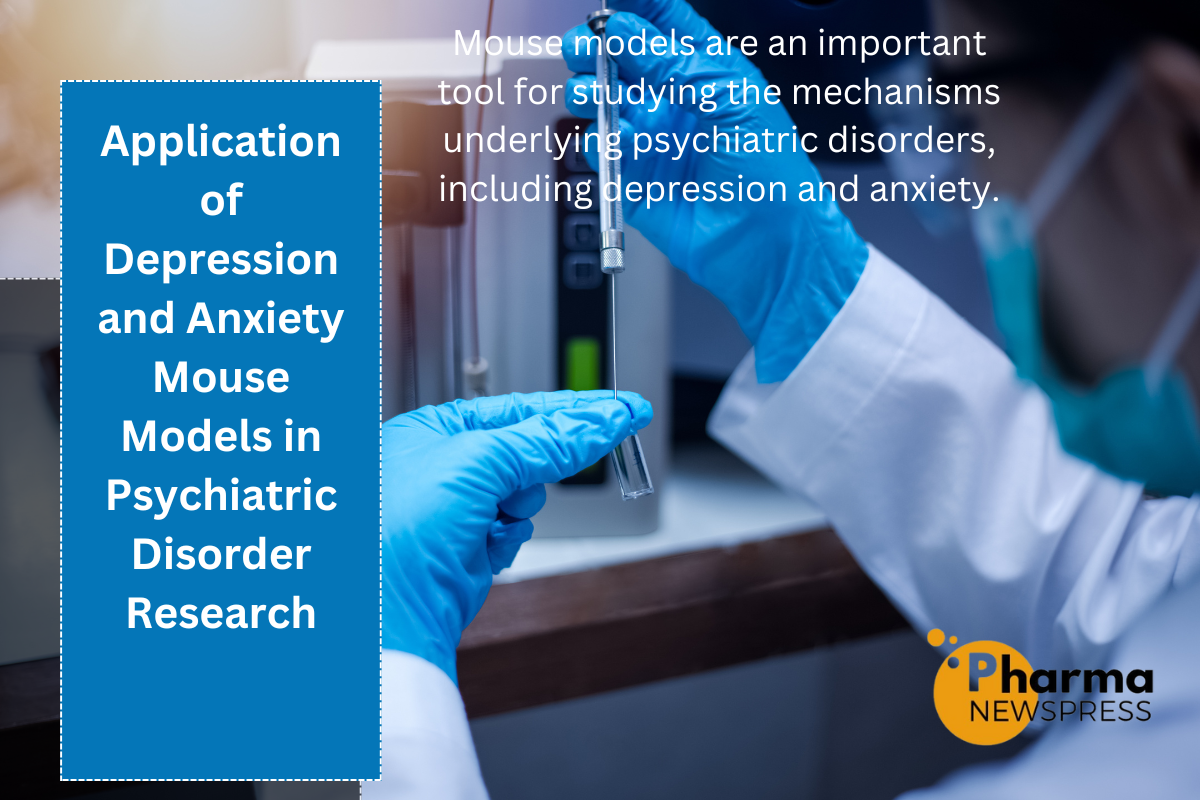Introduction ;
Mouse models are an important tool for studying the mechanisms underlying psychiatric disorders, including depression and anxiety. These models mimic behavioral and biological aspects of these disorders, provide valuable insights into their pathophysiology, and aid in the development of new therapeutic strategies.
1. Depression Mouse Models💉
Common depression models include the chronic mild stress (CMS) model, in which mice are exposed to mild but unpredictable stressors over time, mimicking depressive symptoms such as anhedonia and hopelessness. The learned helplessness model induces depression-like behaviors by exposing mice to inescapable stress, which causes the mice to subsequently reduce attempts to escape avoidable stress. In addition, genetic models involving mice with mutations in depression-related genes, such as BDNF or serotonin transporter (SERT), provide insights into genetic predispositions.
2. Anxiety Mouse Models;
🔹Anxiety-like behaviors are studied using tasks such as the elevated plus maze (EPM) and the open field test (OFT), which assess avoidance of open or elevated spaces as an indicator of anxiety. Light-dark box and novelty-suppressed feeding tests further assess anxiety-related behaviors, providing measurable outcomes for anxiety severity. Genetic models, such as mice deficient in CRHR1 or GABA receptor subunits, have elucidated molecular pathways that contribute to anxiety disorders.
🔹These models have helped researchers to understand the role of neurotransmitters (e.g., serotonin, dopamine, and GABA), neuroendocrine systems, and neuroplasticity in depression and anxiety. They also allow for testing of antidepressants, anxiolytics, and neuromodulatory therapies. Combining behavioral, genetic, and molecular approaches in these models allows researchers to identify biomarkers, assess drug efficacy, and develop targeted treatments. By combining experimental studies with clinical relevance, depression and anxiety mouse models are advancing psychiatric research and offering hope for improved mental health treatments.



